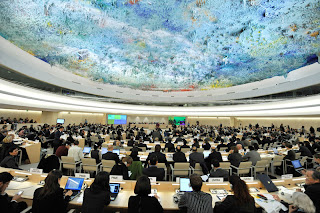This Sunday, I attended a protest for change in Brazil with
a few friends, most of them Brazilian themselves. Hundreds of people gathered
in Cambridge, a number helped by the fact that Boston itself is a major
destination for Brazilian emigrants. The signs they held up got the message
across: Brazilians are angry, and rightfully so, that their government seems to
care more about soccer standings than education, that their natural resource
wealth is being squandered on stadiums while their people starve, that the
government has been becoming more of an oligarchy, and that the benefits of
economic development have yet to make a difference in ordinary Brazilians’
lives. The protests across the world were sparked by an increase in bus fares, but have expanded to encompass the multitudes of grievances Brazilians share against their government.
 |
| All photos courtesy of yours truly |




